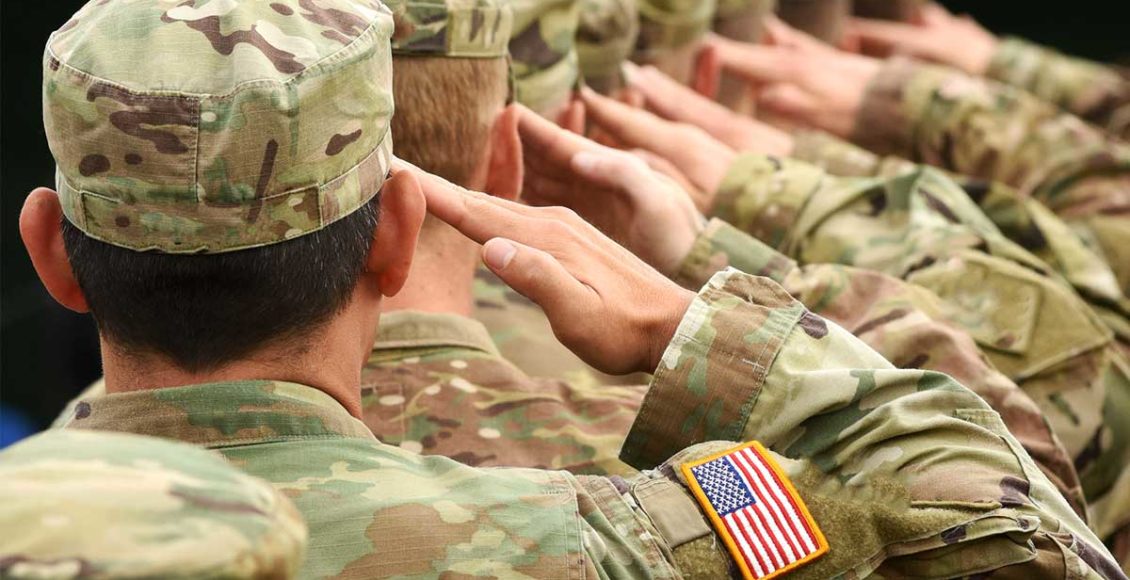Newly-elected President Joe Biden is about to repeal Donald Trump’s ban on trans people serving in the Military as early as Monday, sources have confirmed.
Trump’s ban has been widely criticized by the LGBTQ community since it was brought into action in 2017. It stops people who have been diagnosed with gender dysphoria from serving, with some exceptions. In addition, it states that those who do not have this condition can serve, but only if they do so as the sex they originally belong to.
White House press secretary Jen Psaki announced recently that the new administration would lift the ban through an executive order in the first days of Biden’s time in office.
The senior Defense official told CBS News the repeal will be through executive order signed by President Joe Biden. https://t.co/1yS6nII4jE
— WBTV News (@WBTV_News) January 25, 2021
Trump had previously said that transgender people in the military would mean “tremendous medical costs and disruption,” but according to a 2016 Rand Corp. study commissioned by the Defense Department, letting them serve openly would have a small impact on readiness and health care costs.
The study estimated the number of trans military personnel at the time between 1320 and 6630. According to the Rand study, gender-transforming operations are rare and they estimated that maybe 30 to 140 people would be undergoing hormone treatments per year in the service, with 25 to 130 gender-transition surgeries yearly.
This could all cost between $2.4 million and $8.4 million yearly, which is a small sum, according to the study.
Mr. Trump’s move reversed a policy first approved by the Defense Department under former President Barack Obama, which was still being reviewed, that would have permitted trans people to serve openly. For years, Trump’s administration had stood in the way of the LGBT community, which includes banning trans people from competing in women’s sports – an action that has already been reversed by the Biden administration.
What are your thoughts on transgender people serving in the military? Let us know by joining the conversation in the comments and please share if you’ve found this article informative.



